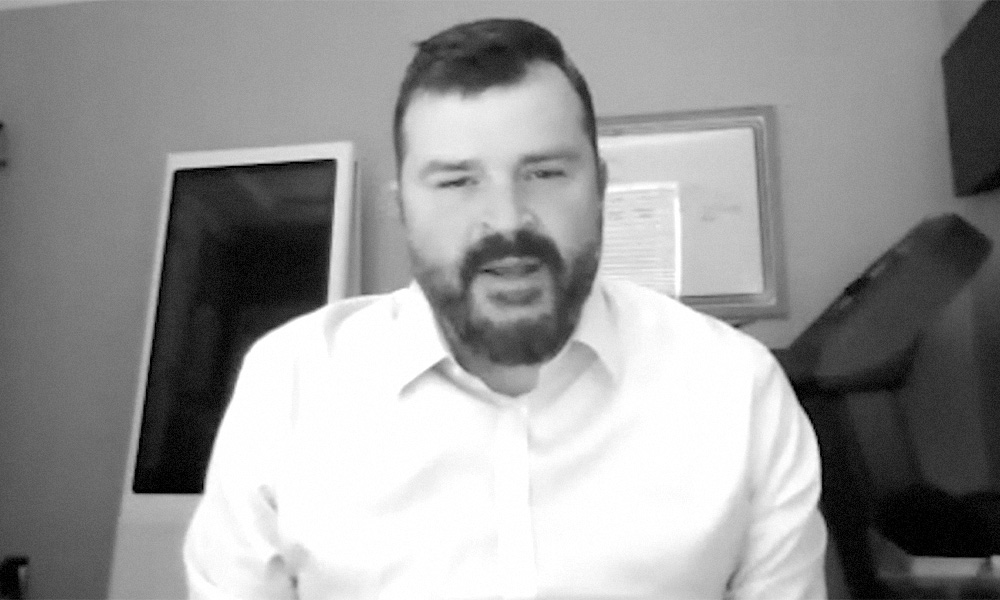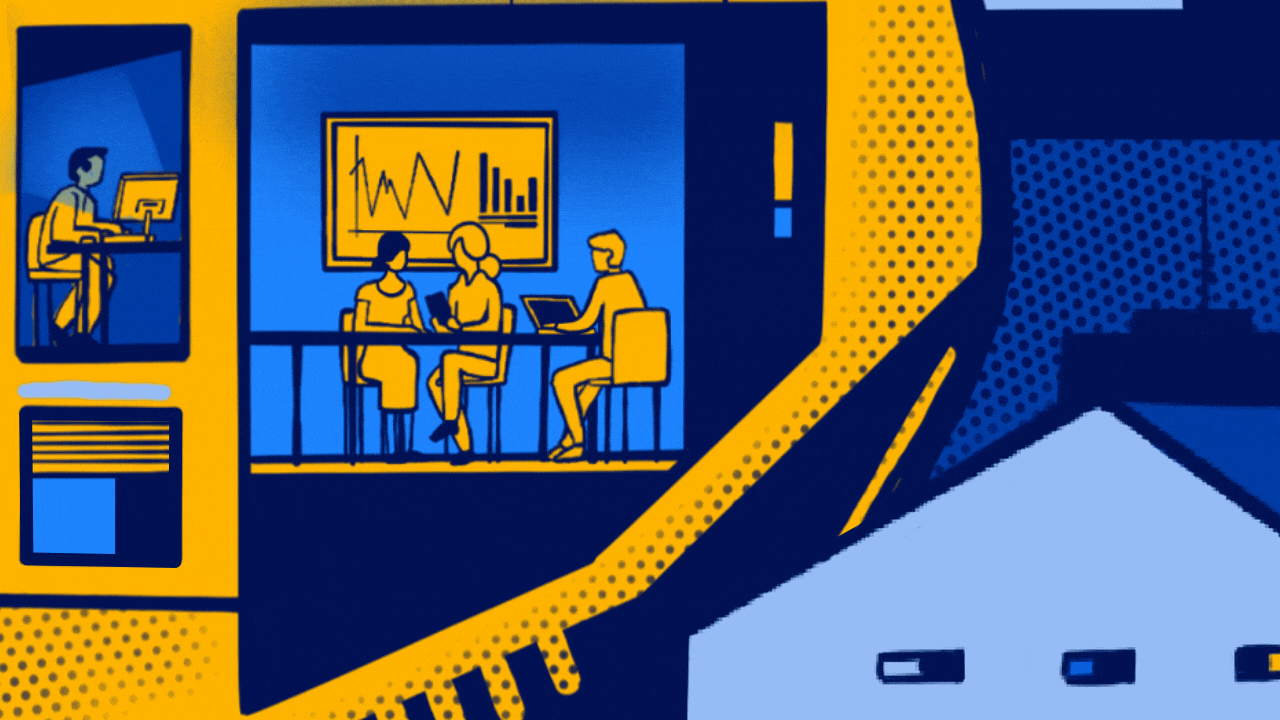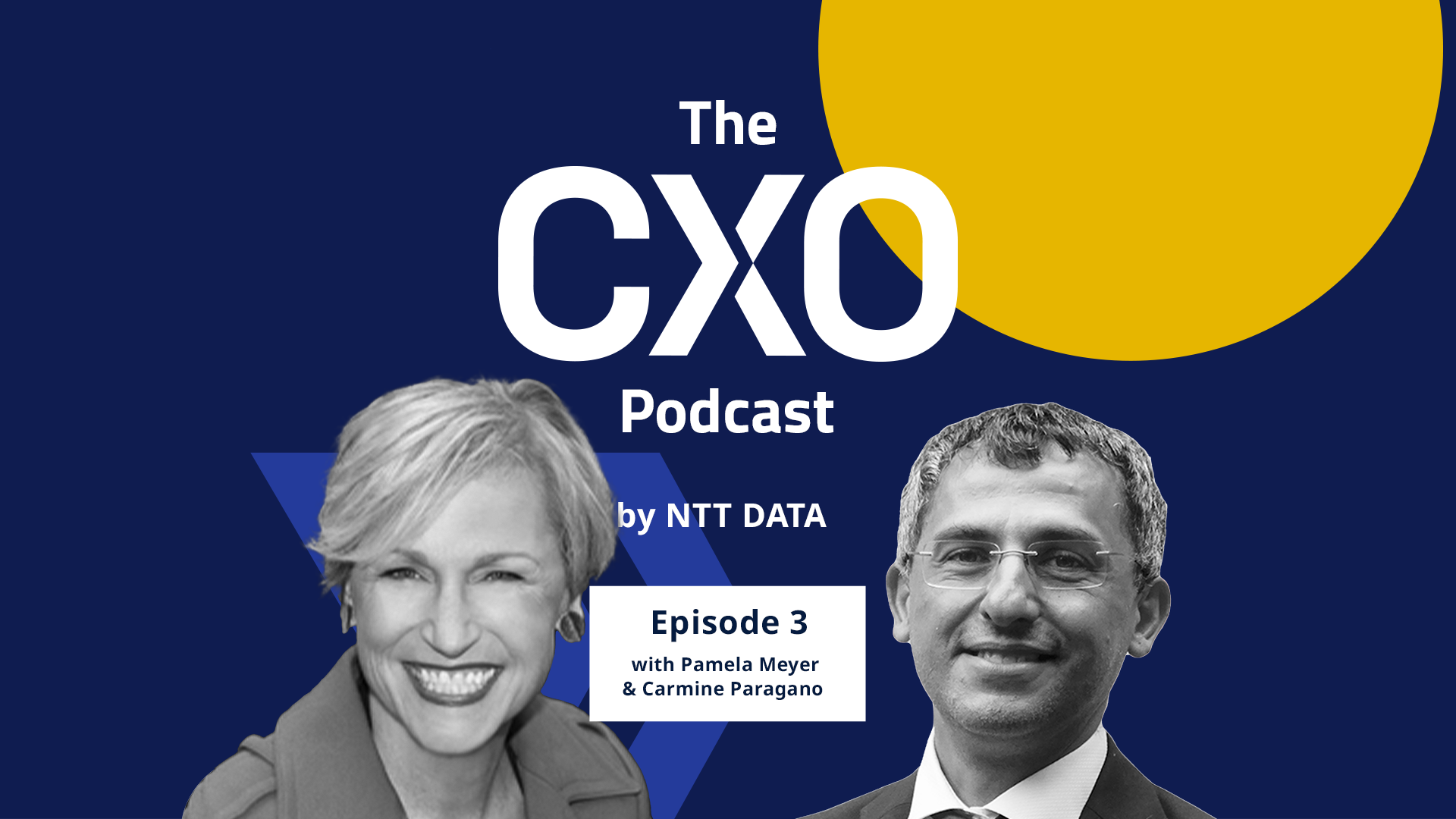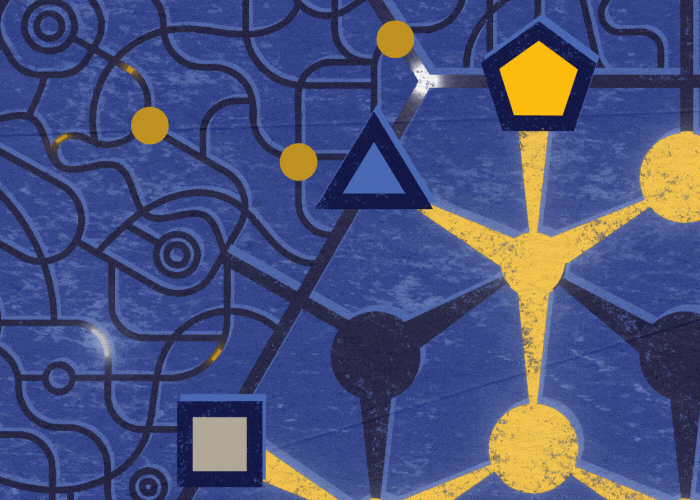As organisations, we want to do more with what we’ve got. We want to serve customers better. We want to respond faster to emerging trends. People are key to this; human attributes such as imagination, creativity and empathy all drive progress. Intelligent automation, including Robotic Process Automation (RPA), can help us bring these attributes to the fore – if we plan for it properly.
Augmenting not replacing
RPA helps take the load off people’s plates. It augments our cognitive capabilities with software-driven efficiency and speed. It’s suited to all sorts of scenarios where people are working through repetitive rule-based tasks – such as:
A finance department with a legacy ERP system that’s spending five hours per day completing manual processes
A healthcare trust that’s passing thousands of payments from one cost centre to another
A corporate finance team using complex Excel models to determine pricing and investment decisions
Typically, 20-40% of the workload in these activities can be automated with RPA. So there’s potential to free up huge amounts of human capacity.
As the next generation of digital natives enter the workforce, there will be an expectation of automation by default. They will expect their cognitive and creative skills to be used maximally. They won’t be fearing automation; they’ll be demanding it.
What will you do with it?
You need a plan for how to use that capacity and get the most out of it. It’s not as simple as plugging in a bot and expecting someone to pick up a new, more creative task straight away. In fact, most roles suitable for RPA have little immediate scope for imaginative work. So a key part of the implementation is thinking about how those roles need to evolve.
Different parts of an organisation should be involved when implementing RPA if it’s going to add true value. It can’t be a one-dimensional initiative to simply strip cost out of a process; it has to be part of a broader transformation plan that acknowledges the changing roles of people at work.
Rethink work, recruitment and culture
Line of Business heads must be involved in that plan, as they will be the ones redesigning processes and team structures around new RPA-driven operating models. They need to be clear and transparent with employees on the role of RPA – and ideally co-create solutions with them to establish buy-in from the start.
HR teams should be at the fore too. As RPA becomes more pervasive, HR needs to understand what skills are no longer required and what new skills are needed across the organisation. This will feed into redeployment and reskilling programmes, and revised recruitment policies for the future workforce.
At Board level too, RPA should be factored into long-term strategic planning. As the next generation of digital natives enter the workforce, there will be an expectation of automation by default. They will expect their cognitive and creative skills to be used maximally. They won’t be fearing automation; they’ll be demanding it. So how do you transition to that new type of working culture? How do you create the right digital workplace that’s set up to get the best out of your people?
You need to be clear on how people will use their extra time and energy, and create opportunities for them to focus on more human aspects of the customer experience.
Planning for productivity
While RPA brings huge opportunities for organisations to increase efficiency and agility, it also brings a new dimension to the perpetual challenge of unlocking the productivity of your people.
In the same way you wouldn’t automate an inefficient process, because this just magnifies the inefficiency (as Bill Gates once told us), you don’t want to free up human capacity without a plan for how to use it. You need to be clear on how people will use their extra time and energy, and create opportunities for them to focus on more human aspects of the customer experience.


















































